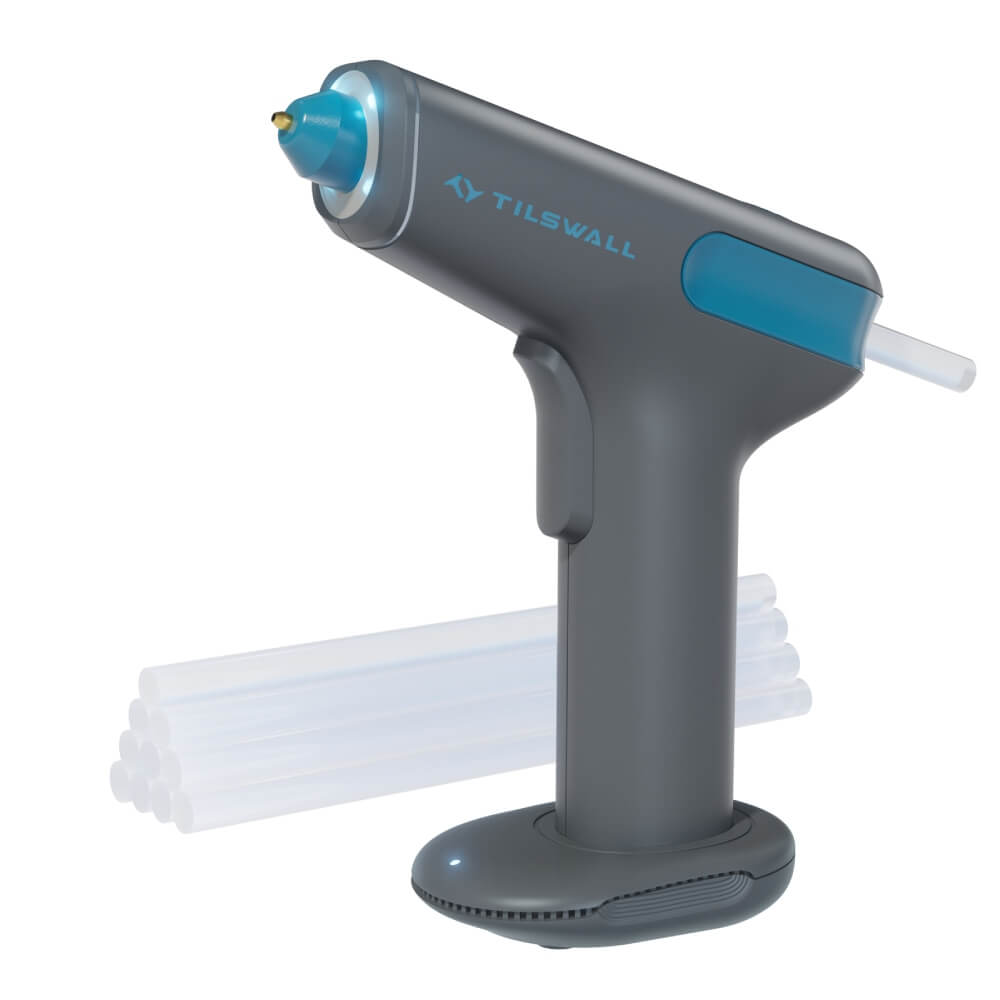Hot melt glue, also known as hot glue, is a popular adhesive due to its versatility, ease of use, and quick drying time. It is commonly used in crafting, DIY projects, repairs, and industrial applications. One of the key advantages of hot melt glue is its ability to bond with a wide range of materials. In this article, we will explore the materials with which hot melt glue works well, highlighting their unique characteristics and discussing the benefits and considerations when using hot glue on each material.
Wood
Hot melt glue forms a strong bond with wood, making it a go-to adhesive for woodworking projects. It adheres well to hardwood and softwood, providing a secure and durable bond. Hot glue works well for joining wood pieces, attaching embellishments, and securing small parts. It offers quick adhesion, allowing for immediate handling and further woodworking processes. However, additional reinforcement may be necessary for high-stress applications or situations where moisture exposure is expected.
Fabric
Hot melt glue is suitable for bonding various types of fabrics. It can be used for hemming garments, attaching patches or embellishments, and creating fabric crafts. Hot glue provides a secure bond that withstands regular use and washing when applied correctly. However, it is important to note that hot glue may not be the best choice for delicate or heat-sensitive fabrics, as the high glue temperature can potentially damage or melt certain materials. Testing the glue on a small, inconspicuous area of the fabric is advisable before proceeding with a larger application.
Plastic
Hot melt glue is effective in bonding many plastics, including rigid plastics like ABS, PVC, and polystyrene, as well as flexible plastics like polyethylene and polypropylene. It creates a strong bond resistant to impact and provides good adhesion for plastic-to-plastic or plastic-to-other-material connections.
However, it is worth noting that hot glue may not work well with certain types of smooth or low-energy plastics, such as polytetrafluoroethylene (PTFE) or silicone. In such cases, testing the adhesive’s compatibility with the specific plastic material is recommended before proceeding with the full application.
Paper and Cardboard
Hot melt glue is commonly used in paper crafts, scrapbooking, and packaging applications. It provides a quick and secure bond for adhering paper or cardboard elements. Hot glue is especially advantageous when working with thicker cardstock or corrugated cardboard, as it offers strong adhesion. However, applying the glue sparingly on thinner paper is important to prevent warping or staining. Additionally, hot glue may not be the best choice for archival or long-term preservation projects, as its adhesion may weaken over time.
Ceramics and Glass
Hot melt glue can be used for the temporary bonding of ceramics and glass. It is commonly employed in arts and crafts projects that require a temporary hold or positioning before more permanent methods, such as epoxy or ceramic adhesive, are applied. Hot glue’s ability to bond quickly and securely makes it useful for temporarily affixing ceramic or glass pieces for decoration or assembly. However, it is important to note that hot glue may not provide a long-lasting or waterproof bond to these materials. For permanent bonds on ceramics and glass, it is advisable to use specialized adhesives designed for these surfaces.
Tilswall 4V Cordless Auto Hot Glue Gun
Built-in motor, you don’t need to manually press the trigger reciprocally, glue comes out uninterrupted, Tilswall hot glue gun will make your DIY easier by providing more convenience for your craft. More importantly, Tilswall’s glue gun is electric with 4Ah capacity lithium battery, and glue can be released without repeated pressing, without dripping glue, and the desktop is clean after use. If you’re looking for a reliable and efficient glue gun, Tilswall is the way to go. There is a 30% off new product discount.
Coupon code: Tilswallgun
Conclusion
Hot melt glue is a versatile adhesive that works well with various materials, including wood, fabric, plastic, paper, cardboard, ceramics, and glass. Its quick-drying properties, ease of use, and ability to provide a strong bond make it a popular choice for various applications. However, it is important to consider the specific characteristics of each material and assess the intended use and conditions before relying solely on hot glue. Testing the adhesive’s compatibility and considering the long-term durability requirements of the project will ensure optimal results and satisfaction with hot melt glue as an adhesive solution.






